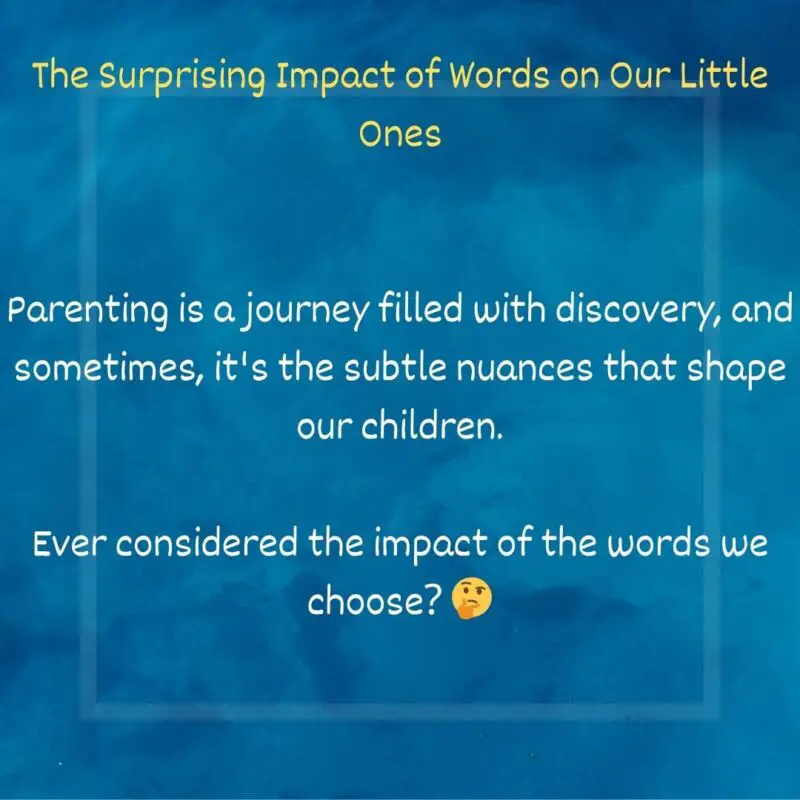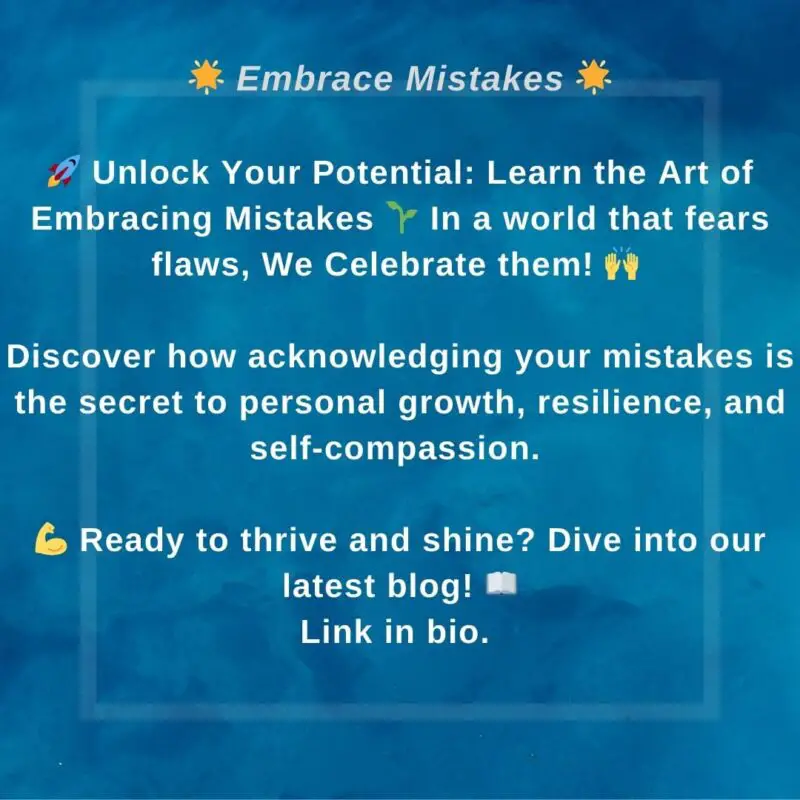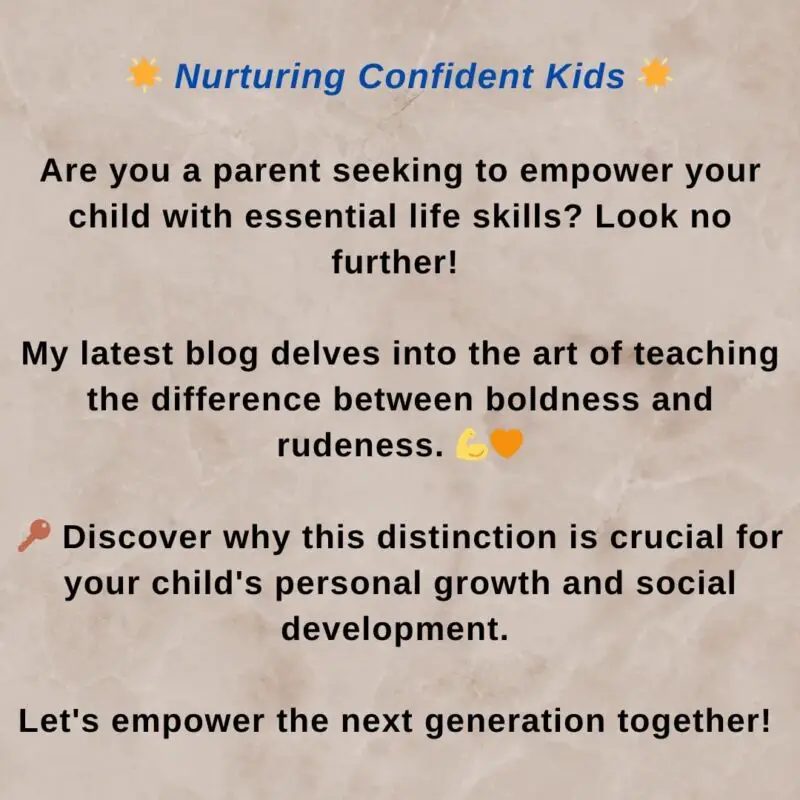Navigating Gossip: Choosing the Right Response
Gossip, the ever-present specter in the realm of human interaction, has a curious way of slipping into our lives, leaving us pondering the best course of action. Picture this scenario: someone has been gossiping about you, and you’ve caught wind of it. Now, you stand at a crossroads, faced with the choice of how to respond. Should you take the high road, maintaining normalcy as if nothing has transpired, or should you confront the whispers indirectly, asserting your awareness and resilience? Let’s explore two potential avenues for handling this delicate situation.
Rise Above: Maintain Normalcy
Indifference as Empowerment:
Choosing not to react directly signals a powerful form of indifference. It communicates that the gossip lacks the potency to sway your emotions or dictate your actions. This response underscores a profound self-confidence, a refusal to let external negativity disrupt your inner peace.
Focus on Progress:
By steering your focus towards personal growth and progress, you broadcast a message louder than any gossip. This approach reinforces the idea that you are on a positive trajectory, rendering petty rumors inconsequential to your journey.
Silence as a Statement:
At times, saying nothing becomes a potent statement. Your decision not to engage with the gossip sends a clear message – you won’t be drawn into unnecessary drama. Silence, in this context, becomes a powerful tool.
Subtle Assertiveness: Addressing the Elephant in the Room
Choosing the Right Moment:
Opt for a strategic moment when you can express your thoughts calmly and assertively. Avoid public confrontations; instead, select a private setting that allows for a more nuanced conversation.
Maintain Dignity:
Even when addressing the issue, it’s crucial to maintain your dignity and composure. Avoid descending to the level of gossip; instead, focus on conveying your perspective calmly and with poise.
Clarify, Don’t Confront:
When addressing the issue, gently clarify any misconceptions without directly accusing the gossiper. This approach allows you to set the record straight without unnecessarily escalating tensions.
Conclusion: What’s Best for You?
In the grand tapestry of life, the decision between rising above gossip and addressing it directly hinges on your personal comfort and values. Consider your long-term goals and mental well-being. If the gossip proves insignificant in the grand scheme, choosing indifference might pave the path to inner peace. Conversely, if it directly impacts your relationships or work environment, addressing it subtly may help maintain harmony.
In the end, remember: you hold the power to dictate your narrative. Whether through silent strength or assertive clarity, the choice is yours.




